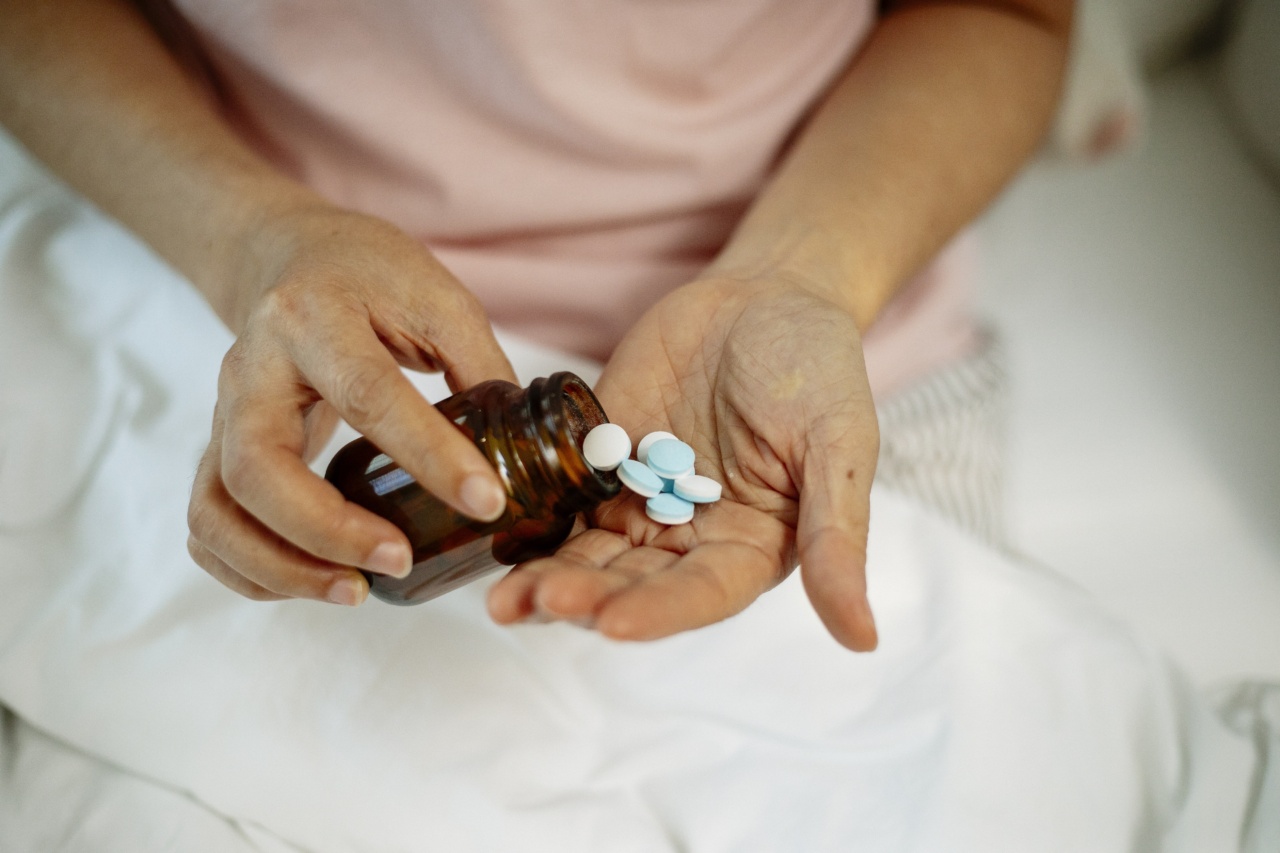REMEDIES syndrome is a rare genetic condition that has been linked to an increased risk of cardiovascular mortality.
In recent years, medical researchers have made significant progress in understanding the underlying causes, symptoms, diagnosis, treatment, and prevention of this syndrome. This article aims to explore the link between REMEDIES syndrome and cardiovascular mortality, shedding light on the latest advancements in this field.
Understanding REMEDIES Syndrome
REMEDIES syndrome, also known as Random Epigastric Distress Emanating Mercilessly Into Every System, is a rare genetic disorder that affects various systems within the body.
It is characterized by a combination of symptoms that can significantly impair an individual’s quality of life.
Causes of REMEDIES Syndrome
The exact cause of REMEDIES syndrome is still not fully understood. However, research suggests that it may be caused by genetic mutations that impact the functioning of multiple organs and systems in the body.
These mutations can disrupt essential processes and lead to various symptoms and complications, including an increased risk of cardiovascular mortality.
Signs and Symptoms of REMEDIES Syndrome
REMEDIES syndrome manifests through a wide range of symptoms that affect different systems in the body.
Some common signs and symptoms include severe epigastric distress, cardiovascular abnormalities, gastrointestinal issues, respiratory problems, and musculoskeletal abnormalities. However, it is important to note that the severity and combination of symptoms may vary from person to person.
Diagnosis of REMEDIES Syndrome
Diagnosing REMEDIES syndrome can be challenging due to its rarity and the wide spectrum of symptoms it presents.
A comprehensive evaluation, including a thorough medical history, physical examination, genetic testing, imaging studies, and laboratory tests, is typically required to confirm a diagnosis. Genetic testing plays a significant role in identifying specific mutations associated with REMEDIES syndrome.
Treatment Approaches for REMEDIES Syndrome
As of now, there is no cure for REMEDIES syndrome. Treatment primarily focuses on managing the symptoms and preventing further complications.
Multidisciplinary care, involving specialists from various fields, is often necessary to address the diverse range of symptoms experienced by individuals with REMEDIES syndrome. Treatment may include medications, surgeries, physical therapy, and supportive therapies tailored to the individual’s specific needs.
Prevention and Management of Cardiovascular Mortality
Cardiovascular mortality is a significant concern in individuals with REMEDIES syndrome. To minimize the risk of cardiovascular complications and mortality, early identification and timely treatment of cardiac abnormalities are crucial.
Regular follow-ups with a cardiologist, routine monitoring of cardiovascular health, and lifestyle modifications such as a heart-healthy diet, regular exercise, and smoking cessation can help manage and reduce the risk of cardiovascular mortality in individuals with REMEDIES syndrome.
Future Directions of Research
Ongoing research is focused on better understanding the genetic basis of REMEDIES syndrome and its correlation with cardiovascular mortality.
Advances in genetic sequencing technologies and the identification of specific genetic mutations associated with REMEDIES syndrome offer potential opportunities for targeted therapies in the future. Further studies are also needed to explore preventive strategies, improve diagnostic methods, and enhance treatment options for individuals with REMEDIES syndrome.
Conclusion
The link between REMEDIES syndrome and cardiovascular mortality is a topic of significant interest in the medical community.
Understanding the causes, symptoms, diagnosis, treatment, and prevention strategies is crucial for managing this rare genetic condition and reducing the associated cardiovascular risks. Continued research efforts and multidisciplinary care are essential for improving the healthcare outcomes and quality of life of individuals affected by REMEDIES syndrome.





























